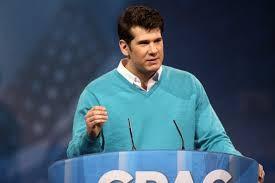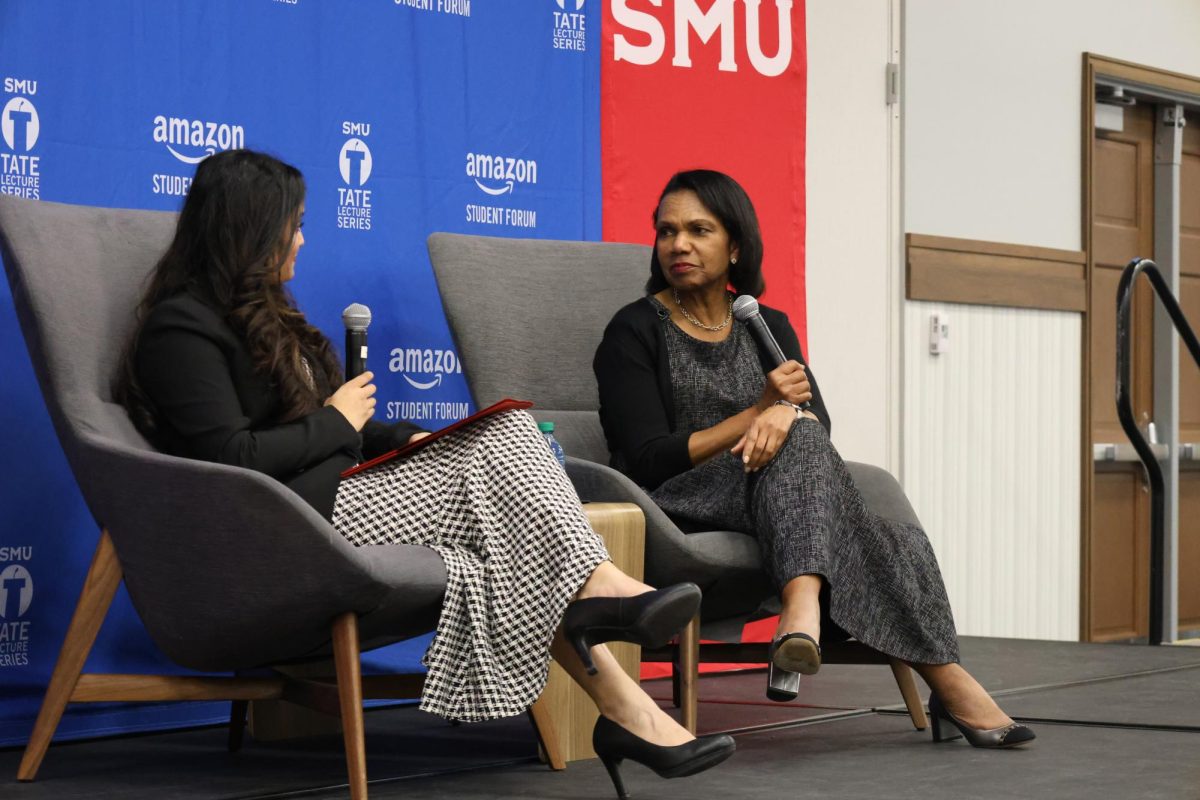by Grant Wolf
On Monday, fliers appeared on campus posted by the student group OUTlaw, advertising a public demonstration against conservative commentator and Fox News contributor Steven Crowder’s appearance at SMU this Thursday evening, sponsored by the College Republicans. The promotion read: “Protest Hate Speech and Homophobia at SMU – in response to Steven Crowder being welcomed to campus.”
Students of the university are well within their First Amendment rights to stage a demonstration regarding speech they disagree with. As long as protests do not disrupt an event or prevent other individuals wanting to exercise their right to hear a speaker, there is no objection.
However, several key problems cast doubt on the legitimacy and integrity of this protest. First, the accusation of hate speech is not an intellectual or political dissent to a speaker’s point of view, but rather a fallacious attempt to undermine an individual’s credibility without responding to the ideas they espouse. This charge has routinely been leveled at conservative commentators nationwide in an attempt to prevent or minimize their presence as they step foot on college campuses to offer a valuable counter-perspective to an overwhelmingly left-leaning orthodoxy in American academia. The argument is made that if a certain speaker’s ideas are considered offensive or hateful, that individual’s presence should not be tolerated. Followed to its logical conclusion, this proposition manifests itself in examples of censorship, like in 2015 when, citing opposition to hate speech as justification, hundreds of students at Cal State University Los Angeles barricaded a lecture hall where author and commentator Ben Shapiro spoke, preventing many students from hearing his remarks and forcing law enforcement to sneak Shapiro and attendees into the hall through a back entrance. Or in 2014, when Brandeis University disinvited women’s rights activist Ayaan Hirsi Ali and rescinded an offer to her of an honorary degree when they realized that Ali speaks critically of radical Islam.
Second and most importantly, the First Amendment extends wide-ranging protection to even disagreeable speech. This was very recently reaffirmed by a unanimous Supreme Court ruling in June 2017. Justice Anthony Kennedy wrote summarily in his opinion: “A law that can be directed against speech found offensive to some portion of the public can be turned against minority and dissenting views to the detriment of all. The First Amendment does not entrust that power to the government’s benevolence. Instead, our reliance must be on the substantial safeguards of free and open discussion in a democratic society.” (New York Times: “Supreme Court Unanimously Reaffirms: There is no ‘hate speech’ exception to the First Amendment”) It is this last prescription that is most poignant – “free and open discussion” looks more like attending a lecture and asking a speaker a compelling question to challenge his assertions rather than protesting his very appearance on campus.
Mr. Crowder certainly employs an edgy style to promote his point of view – but any viewers of his program can clearly observe how he does engage in respectful dialogue with individuals of opposite persuasion. He recently featured an interview with an LGBTQ rights activist and civilly exchanged his opinion that certain environmental factors can affect a person’s disposition toward sexual orientation. Even should he lack civility, he would be in no strange company; left-leaning late-night hosts like Conan O’Brien, Bill Maher, Jon Stewart and Jimmy Kimmel actually do routinely mock and ridicule their political opponents to the reception of raucous laughter – not public accusations of hate speech against conservatives. There’s a certain measure of hypocrisy here.
My student organization Young Americans for Freedom supports both Crowder’s and OUTlaw’s right to present their opinions on campus. We believe the purpose of education is to cultivate minds capable of entertaining thoughts with which they disagree, but we find it necessary to point out the lack of integrity in OUTLaw’s argumentation. Protesting the mere presence of a speaker does damage to the noble heritage of civil dissent against legitimate injustices like the Civil Rights movement of the 1960s or the Women’s Suffrage movement of the early 20th century. An edgy speaker is not morally equivalent to segregation or disenfranchisement. We look forward to engaging in conversation with OUTlaw on the lawn in front of McFarlin Auditorium as we host a counter-demonstration in support of free speech and Crowder’s right to appear on campus.





















